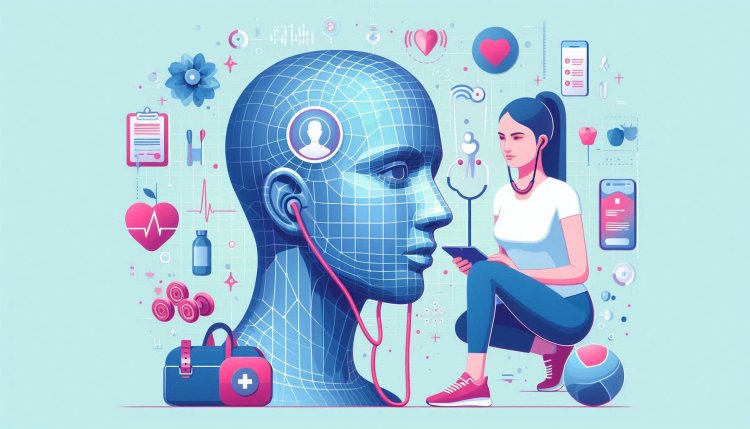AI adoption: Industry-specific challenges and opportunities
Discover the industry-specific challenges and opportunities of AI adoption in this comprehensive guide. Stay ahead in the competitive landscape.

AI Adoption: Industry-specific Challenges and Opportunities
Artificial Intelligence (AI) adoption is rapidly transforming various industries, offering both challenges and opportunities for businesses. Each industry faces unique hurdles and benefits when integrating AI technologies into their operations. Understanding these industry-specific factors is crucial for successful AI implementation.
1. Healthcare Industry
In the healthcare sector, AI adoption has the potential to revolutionize patient care, diagnostics, and treatment outcomes. However, challenges such as data privacy concerns, regulatory compliance, and the need for specialized AI models for medical applications must be addressed. Opportunities include predictive analytics for early disease detection, personalized treatment plans, and improved operational efficiency.
2. Financial Services
Financial institutions are leveraging AI for fraud detection, risk assessment, and customer service automation. Challenges in this sector include data security, regulatory compliance, and the ethical use of AI in decision-making processes. Opportunities include algorithmic trading, customer behavior analysis, and personalized financial advice based on individual preferences.
3. Retail Industry
Retailers are using AI to enhance customer experiences, optimize inventory management, and predict consumer trends. Challenges in the retail sector include data integration from various sources, inventory forecasting accuracy, and maintaining customer trust in AI-driven recommendations. Opportunities include targeted marketing campaigns, personalized shopping experiences, and supply chain optimization.
4. Manufacturing Sector
In manufacturing, AI is being applied to predictive maintenance, quality control, and production optimization. Challenges include the integration of AI with existing manufacturing systems, workforce upskilling, and ensuring the reliability of AI-powered machinery. Opportunities include reducing downtime through predictive maintenance, improving product quality, and enhancing overall operational efficiency.
5. Transportation and Logistics
The transportation and logistics industry is utilizing AI for route optimization, predictive maintenance of vehicles, and supply chain visibility. Challenges include data security in connected vehicles, regulatory hurdles for autonomous vehicles, and the need for real-time decision-making capabilities. Opportunities include reducing transportation costs, improving delivery timelines, and enhancing overall fleet management.
6. Energy and Utilities
Energy companies are using AI for predictive maintenance of infrastructure, energy demand forecasting, and renewable energy integration. Challenges in this sector include data interoperability among different energy systems, cybersecurity risks, and regulatory constraints. Opportunities include optimizing energy production, reducing downtime in energy facilities, and improving overall grid reliability.
7. Agriculture Sector
In agriculture, AI is revolutionizing crop monitoring, precision farming, and yield prediction. Challenges include access to reliable data in remote areas, the cost of AI technologies for small-scale farmers, and the need for specialized AI models for agricultural applications. Opportunities include increasing crop yields, reducing resource wastage, and sustainable farming practices enabled by AI.
Conclusion
AI adoption presents both challenges and opportunities across various industries. Understanding the industry-specific factors that influence AI implementation is essential for businesses to harness the full potential of AI technologies. By addressing challenges such as data privacy, regulatory compliance, and workforce upskilling, businesses can leverage AI to drive innovation, improve operational efficiency, and deliver enhanced customer experiences.
What's Your Reaction?

















